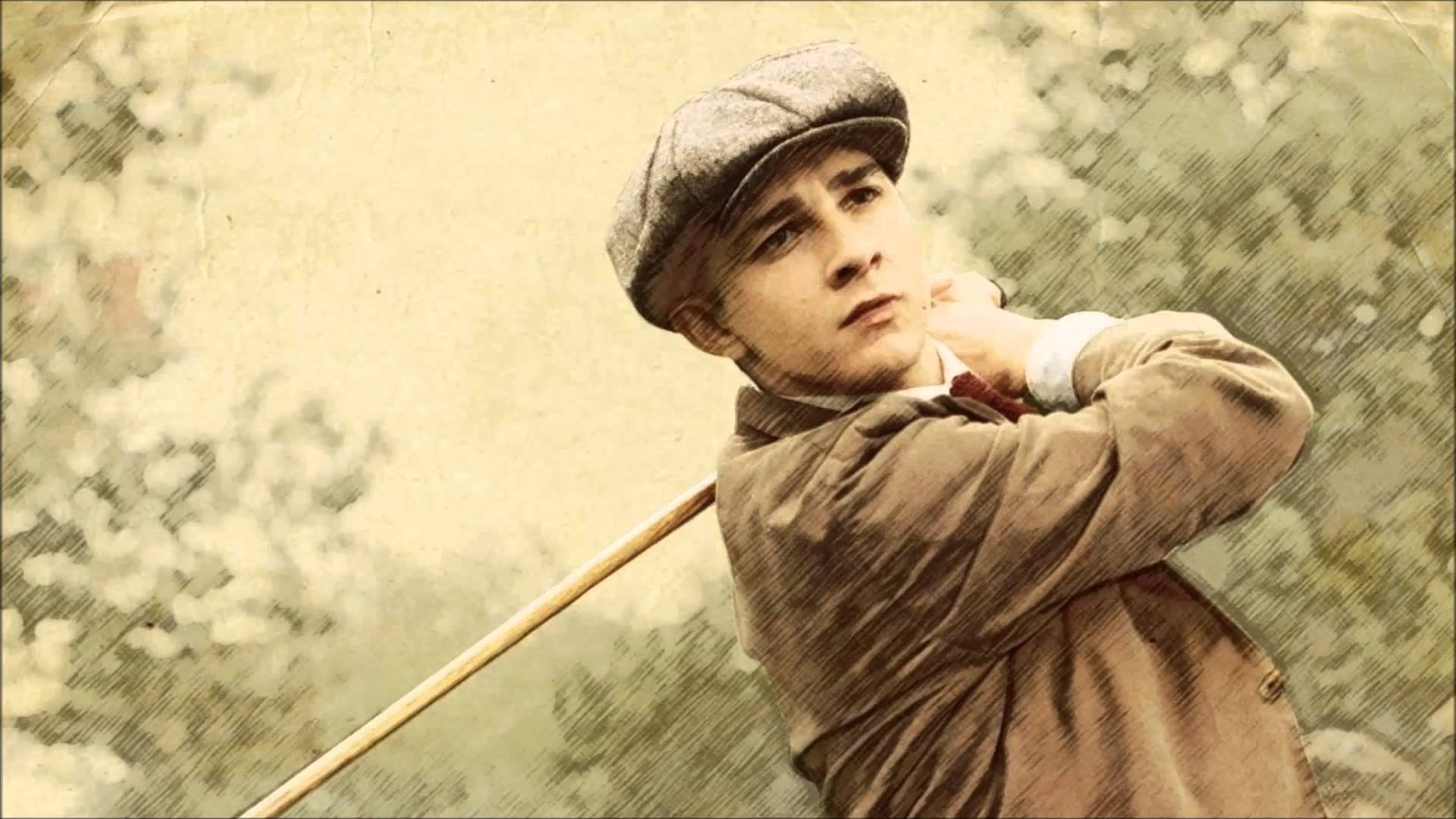
He allows the natural rhythms to settle and pays particular attention to food.

When Marta comes to visit, she finds a different husband.

Of course, he doesn’t, but his film is a redemption story – uptight Italian yuppie meets warm, generous, affectionate Turkish people and discovers… himself? The girls love him, and some of the boys. Against the advice of a sleazy lawyer, he decides to stay and do up the Turkish bath in the basement, thwarting the ambitions of a powerful developer.įerzan Ozpetek could be accused of working for the tourist board. Despite inevitable frustrations, he begins to relax and allow the character of the city to work its magic.

He goes over to arrange the sale, staying with the family who have always looked after the old lady. His aunt dies in Istanbul, leaving him a substantial property. They fit neatly into the high-stress, workaholic, image-conscious lifestyle, in which eating and talking and loving is snatched between phone calls and client consultations. They bicker and fight and work for a design company (their own) in Rome. She is angry and sensitive to her own feelings. He is irritable and insensitive to other people’s feelings. They are, as they should be, looking for adventure and while they speak - and remain silent - about both down-to-earth practical issues and courtly and spiritual subjects, a bond develops between the two men.If postmodern marriage is between equals, Francesco (Alessandro Gassman) and Marta (Francesca d’Aloja) have been computer selected. We see Don Quijote and his servant Sancho (played by the wonderful ‘non-professionals’ Lluís Carbó and Lluís Serrat) on their journey through the empty landscape (throughout the film there isn’t a single human construction to be seen). In addition, Serra also uses other (mediaeval) sources and so the film succeeds in a miraculous way in its aim of re-creating the more or less historic characters that may well have served as a source of inspiration for Cervantes. On the contrary, the gentle human approach that makes this film so moving brings us closer to heaven… This film was made on a limited budget and, while it is based on Cervantes’ Don Qui j ote,there are few recognizable scenes and not a windmill in sight. This serene, painterly film debut reminds us of the films of Ozu, Olmi, Bresson and Pasolini, but also of the ideas and approach of Godard, Rocha and Paradzhanov (occasionally explicitly), without being disruptive or irritating.

Clear and to the point - both through homages in his film and in accompanying text and interviews - he states what he wants to achieve. Albert Serra is original, without making a secret of whom and what inspired him. Honor of the Knights is easily the most striking Spanish film of 2006.


 0 kommentar(er)
0 kommentar(er)
